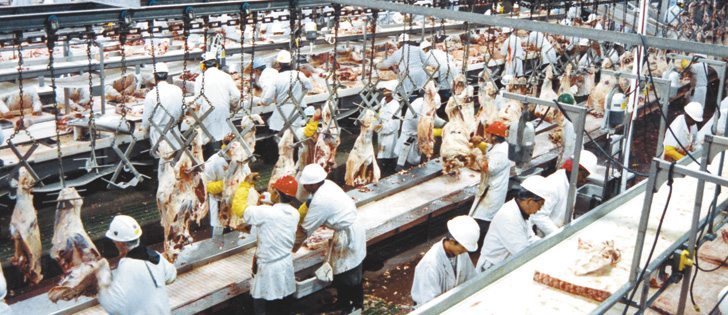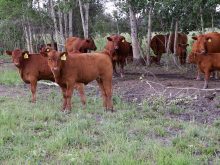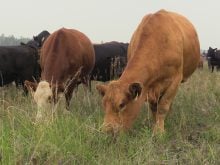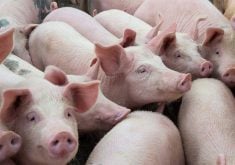SAN ANTONIO, Texas – Canadians are feeling better about their economic future, while Americans are still in the dumps.
An international report on consumer optimism found almost 40 percent of Canadians are ready to start spending again, Brett Stuart of Cattlefax told the recent National Cattlemen’s Beef Association convention in San Antonio.
“Canada was on the list of most optimistic in terms of how you feel about your economy recovering,” he said.
“United States was last among those with confidence it will improve any time soon.”
Read Also
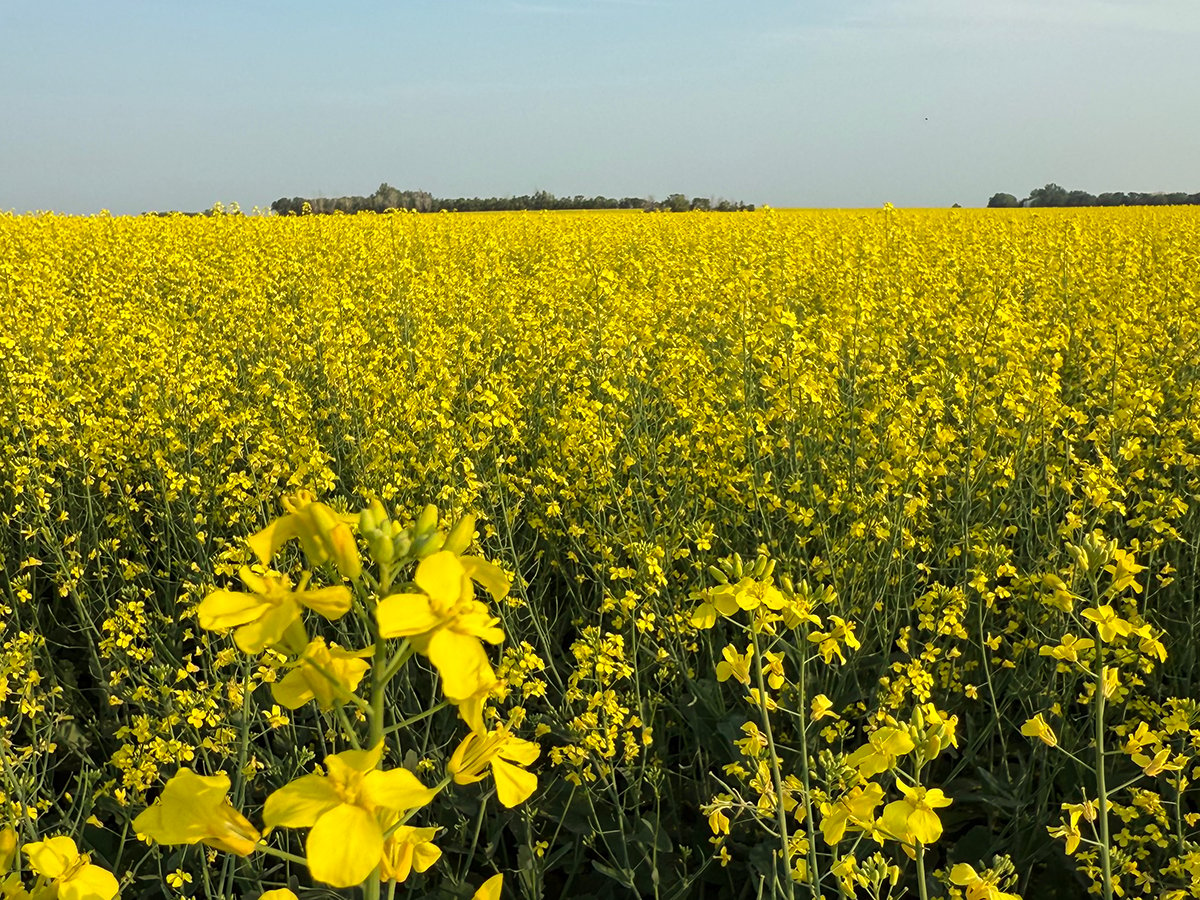
Canola support gets mixed response
A series of canola industry support measures announced by the federal government are being met with mixed reviews.
The recession hurt domestic beef demand as consumers opted for cheaper cuts, while fluctuating currencies shook up buying power around the world.
Some currencies moved 45 percent in 10 months.
“That is not good for trade,” Stuart said. “It distorts what we are doing in terms of pricing and competitiveness. Fortunately, as beef exporters, it is very good for us.”
Foreign customers can buy more aggressively and purchase more U.S. beef when their currency gains value. For example, wholesale beef prices in Japan resulted in U.S. short plates being 24 percent cheaper than a year ago.
South Korea wholesale prices for Australian short ribs are 37 percent higher than a year ago while the U.S. product is five percent cheaper.
On the other hand, the U.S. was forced to bid 20 percent more to buy Australian lean trim used for ground beef.
The weaker dollar pushed up U.S. pork and beef exports, but poultry dropped by two percent. A quarter of poultry exports usually go to Russia, a market that is now closed over a dispute about U.S. plants using chlorinated water to wash chicken carcasses.
“When Russia bans our poultry, it puts 45 million pounds a week of leg quarters in our domestic market,” Stuart said.
“There is no other market where we can take that Russian poultry and export it, so it is backing up on poultry supplies.”
Although market access remains restricted to the U.S., beef exports hit $2.5 billion US and should improve to $2.6 billion in 2010.
Japan is expected to import 12 percent more in 2010 and South Korea should improve by more than 25 percent.
The restrictions have turned up markets that were considered minor customers before 2003.
Destinations such as Vietnam, Hong Kong and Europe are starting to get some traction. Trade is up more than 160 percent to some of these regions where almost nothing was traded before the discovery of BSE in Canada closed borders in 2003.
Market intelligence also shows the Chinese are eating more beef, which is likely coming from the U.S. through Hong Kong and Vietnam.
In the future, beef may make more direct inroads to China, but pork sales are not likely to improve. China is highly protective of its pork industry and subsidizes its producers, but does not seem inclined to support beef.
“They will be much more willing to walk away from their domestic beef industry than they will from their domestic pork industry,” Stuart said.
While exporting nations are clamouring to gain new customers, they may be stymied by declining beef production at a time when global meat consumption is increasing by seven percent a year.
“If the numbers hold that we are projecting, 2010 will be the third year of consecutive global beef production declines,”he said.
“That has got to weigh in on us when we think about production this year and in the next five years because we know how long it takes to turn the corner and start building a beef herd, not just here but overseas.”



